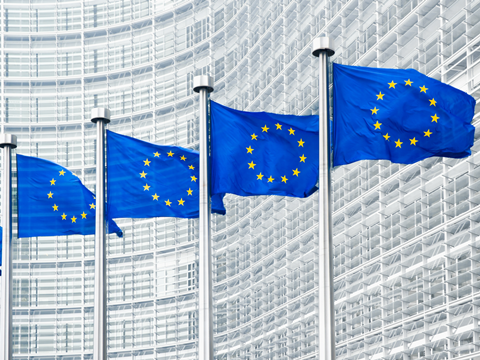
Under EU State Aid rules, the European Commission has approved a €500 million French scheme to support chemical recycling that converts mixed and/or contaminated plastic waste back into ‘virgin-like’ raw materials.
The types of plastic waste involved in the scheme include trays, films, non-beverage bottles and textile materials with a certain amount of polyester content. The scheme is open to companies of all sizes and operating in all sectors. Apparently, the aid will be given in the form of direct grants with a maximum amount of 40%, the minimum necessary to undertake the projects.
The Commission states the scheme is ‘necessary and appropriate’ to allow for the deployment of chemical recycling of plastics and has an ‘incentive effect’ as the beneficiaries would not carry out the relevant investments without public support. It adds that France has put sufficient safeguards in place to ensure the scheme has a limited impact on competition and trade within the EU.
The measure was assessed under Article 107(3)(c) of the Treaty on the Functioning of the EU (‘TFEU’), which enables Member States to support the development of certain economic activities subject to certain conditions, and the Guidelines on State aid for climate, environmental protection and energy 2022 (‘CEEAG’). The move is in line with the Commission’s priorities for 2024-2029 based on the Political Guidelines, which call for a more circular and resilient economy.
In related news, last year we looked at the European Commission’s stance on a Global Plastics Treaty. It aimed to ban and phase out ‘problematic’ substances and implement a Polluter Pays Principle in Global Plastics Treaty negotiations at INC-5 but also emphasized differences in national circumstances. It also stated that criteria and rules should be introduced to guide countries towards circularity and sustainability-minded product design.
Last month the Commission banned the use of Bisphenol A (BPA) in food-contact materials including reusable plastic bottles, coatings for metal cans and water distribution coolers, due to concerns about their health impacts. The use of BPA is forbidden for any products that come into contact with food or drink, and the ban encompasses other bisphenols that are harmful to the reproductive and endocrine systems.
If you liked this story, you might also enjoy:
The ultimate guide to the Packaging and Packaging Waste Regulation in 2024
How are the top brands progressing on packaging sustainability?
Sustainable Innovation Report 2024: Current trends and future priorities
Everything you need to know about global plastic sustainability regulation














No comments yet